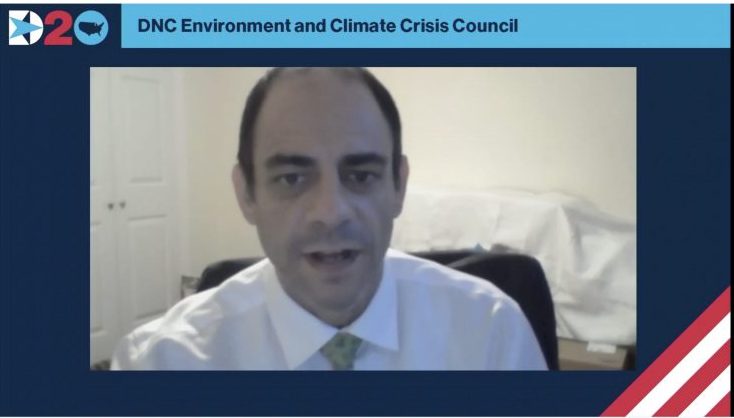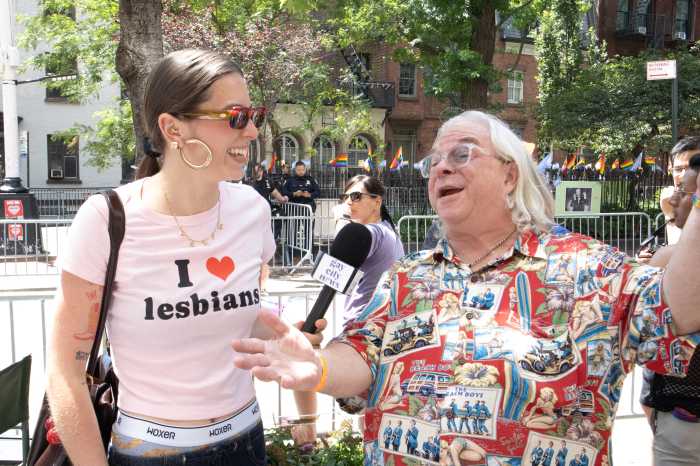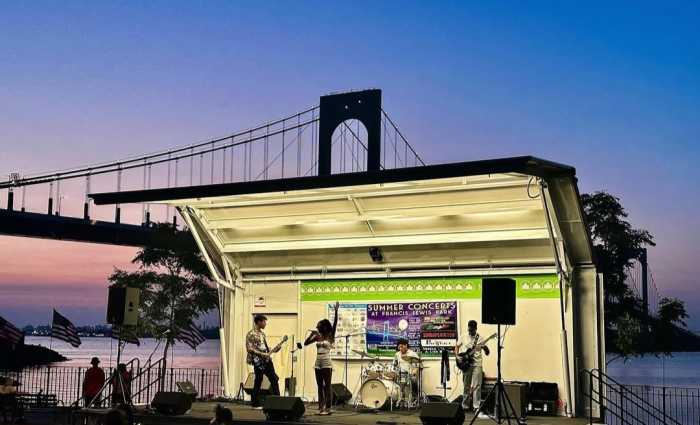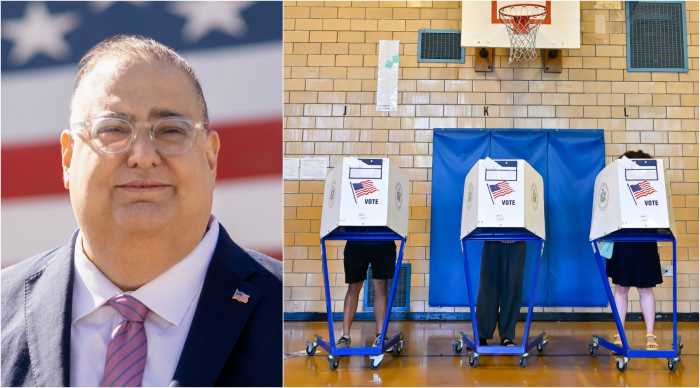In October 2012, Hurricane Sandy tore through New York City leaving massive damage in its wake and sparing no one, including Western Queens. There were mass power outages, and flooding. NYCHA’s Queensbridge Houses, the largest public housing project in the Western Hemisphere, and a few other NYCHA developments were damaged by the storm.
For City Councilmember Costa Constantides (D-Astoria, East Elmhurst, Rikers Island, parts of Long Island City and Woodside), who took office in 2013, living through Superstorm Sandy and volunteering in its aftermath reinforced his belief that climate change is the issue of our era, he said on Tuesday during a Democratic National Convention panel about climate change. The failures of current policy failures that seem remote on paper show up locally oftentimes disproportionately affecting people of color and other vulnerable groups, he said. Communities, no matter their political affiliation were impacted during Sandy, he said.
“We see environmental racism right here in our own backyard,” he said. “We see policy failures, racism and broken promises.”
Climate change and combating environmental racism will be a crucial topic going into the upcoming November elections, he said. It’s a problem that will become worse if not taken care of. Future policies must rely on science, environmental justice and ensuring that communities are heard, he said.
“These are crucial goals but they’re goals that our soon to be president stands for and the climate council is fighting for,” he said. “As Democrats, we believe in science, so we have to do more,” he said.
Since taking office, climate change, environmental justice and combating environmental racism have been his top priority, Constantinides said. It was even a main platform in his recent unsuccessful bid for Queens Borough President.
As a council member, he presented policies to combat climate change. Last year, he enacted the Climate Mobilization Act, what some called the Green New Deal of New York City. It is one of the strongest environmental justice laws in the country, he said.
“We need to ensure all communities are heard and respected and protected by our laws,” he said.
He brought up Rikers Island, the city’s largest jail, as an example. With the notorious jail located on an island just off the coast of Queens and in his district ideally set to close by 2026, the future of the soon-to-be vacant island is uncertain. The island could be turned into a solar power hub and a water waste treatment facility, he said, and the power plants that have been developed in Western Queens next to the borough’s most vulnerable communities including the Queensbridge Houses, could close.
It is an opportunity to lead the way in improving the environment, he said.
A renewable energy future that’ll provide jobs is something everyone can get behind, he said. Other government officials on the panel agreed with the idea.
These are the first steps in seriously combating climate change, he said.










